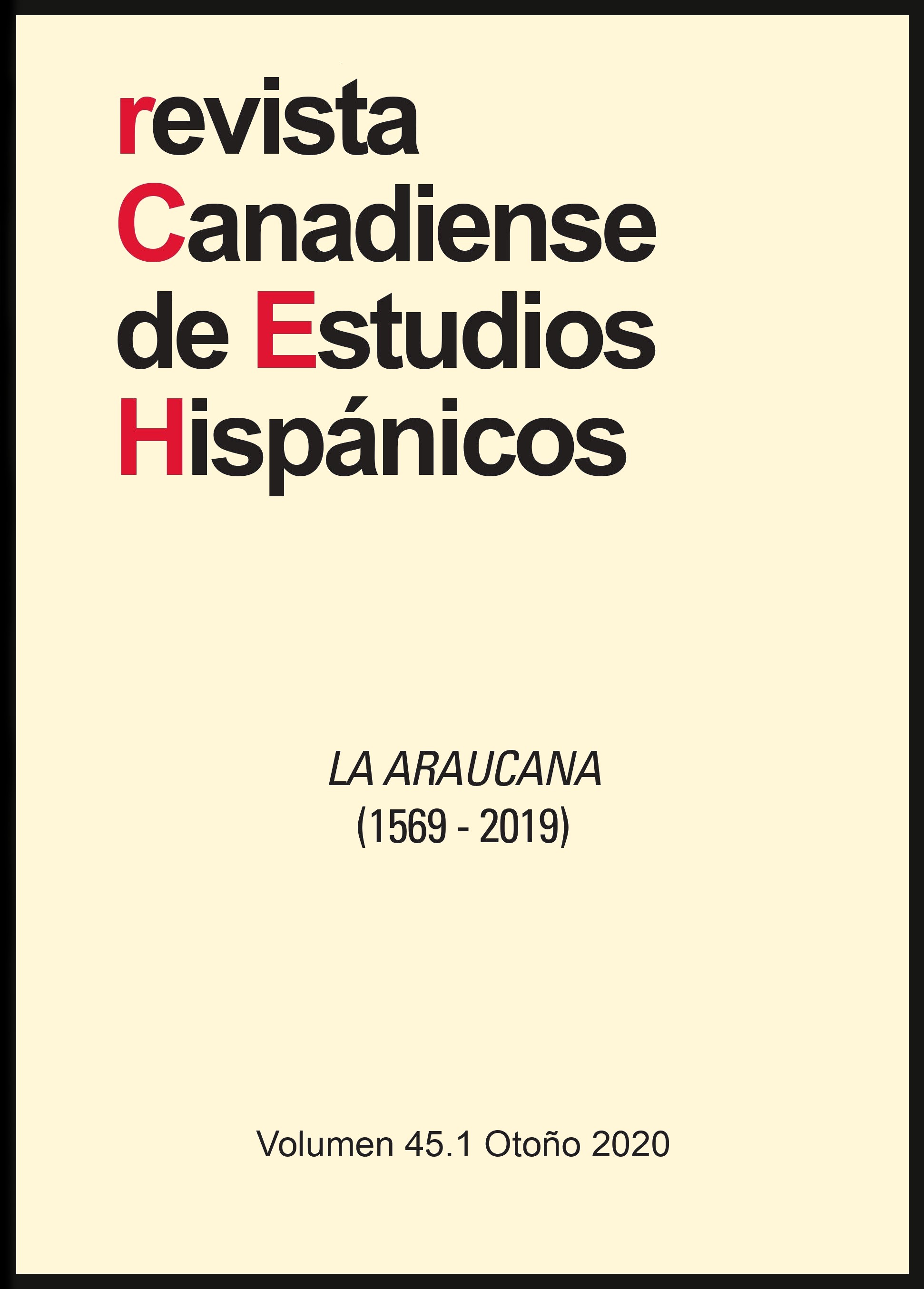The Tragedy of Women in Power: La Araucana and Sixteenth-Century Neo-Senecan Theatre
DOI:
https://doi.org/10.18192/rceh.v45i1.6640Abstract
In cantos 32 and 33 of the third and final part of La Araucana, the narrator digresses from the matter of the Arauco War to recount the story of Queen Dido of Carthage in the anti-Virgilian, historiographic tradition whereby she was a chaste and prudent monarch who sacrificed herself for the good of her people. Ercilla’s version of Dido dialogues with contemporary Neo-Senecan tragedy, particularly two plays on the same subject: Cristóbal de Virués’s Elisa Dido (c. 1585) and Gabriel Lobo Lasso de la Vega’s La honra de Dido restaurada (1587). All three texts explore the tragedy that inevitably befalls commonwealths when women sit on the throne. We study these texts in light of the connections between epic and tragedy in Spanish letters of the late sixteenth century, the history and ideas surrounding women on the throne in early modern Spain, and the episodes of Ercilla’s poem that flank the Dido one.
Downloads
Published
Issue
Section
License
Copyright (c) 2023 Imogen Choi, Felipe Valencia

This work is licensed under a Creative Commons Attribution 4.0 International License.
Aquellos/as autores/as que deseen publicar en la RCEH o tengan publicaciones en esta revista aceptan los siguientes términos:
- La RCEH solo publica artículos inéditos.
- Los artículos enviados a la RCEH no deben estar bajo consideración en ninguna otra revista o editorial.
- Los/as autores/as podrán incluir imágenes cuando las consideren esenciales para su estudio. Es responsabilidad suya el obtener por escrito la autorización para su reproducción y presentarla a la RCEH.
- Los/as autores/as conservarán sus derechos de autor y garantizarán a la RCEH el derecho de primera publicación de su obra, el cuál estará simultáneamente sujeto a la Licencia de reconocimiento de Creative Commons que permite a terceros compartir la obra siempre que se indique su autor y su primera publicación en la RCEH.
- 12 meses después de la publicación de su obra en la RCEH, los/as autores/as podrán adoptar otros acuerdos de licencia no exclusiva de distribución de la versión de la obra publicada (p. ej.: depositarla en un archivo telemático institucional o publicarla en un volumen monográfico) siempre que se indique la publicación inicial en esta revista.


